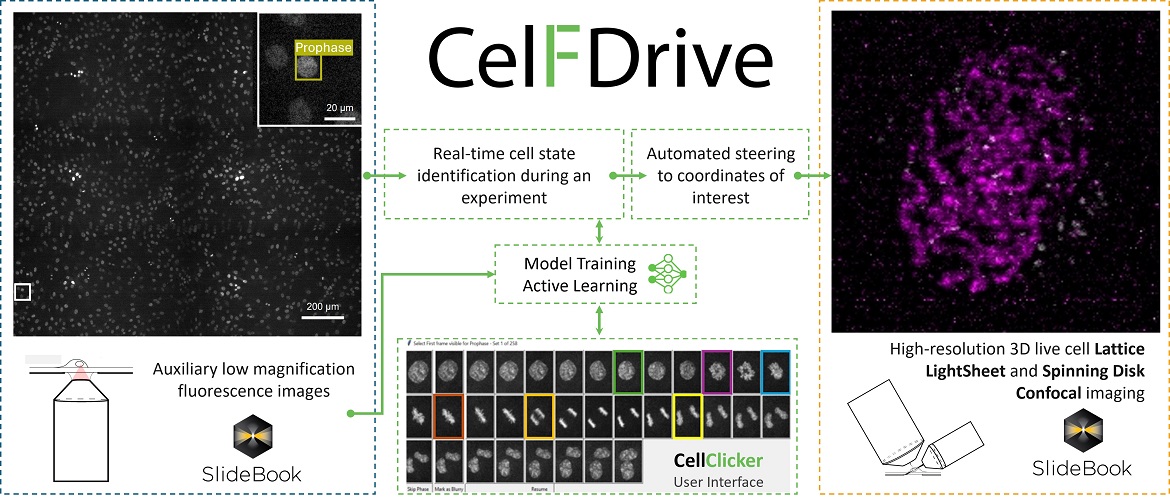Computer Science News
Postgraduate Prize Winners 2024/25
Announcing our MSc Academic Prize Winners!
Imran Khan joins the department as a Teaching Fellow
We are pleased to announce that Dr Imran Khan has recently joined the Department of Computer Science as a Teaching Fellow. Although new to the department, Imran has engaged with Warwick before—first through a secondment during a previous postdoctoral position, and more recently as a Research Fellow in the Department of Psychology.
Imran’s research focuses on embodied and enactive cognition within social systems, with particular interest in how and why emotions, social interactions, and relationships contribute to adaptive self‑organisation in biological systems. He primarily uses computational models to investigate these questions, aiming to draw insights from natural systems that may help inform the development of more adaptive artificial systems.
Imran believes computer scientists bring a distinctive mode of thinking to complex problems and encourages students to apply computational approaches when exploring questions across diverse disciplines. He is also passionate about science communication and is committed to making complex ideas accessible to wider audiences through podcast hosting, educational workshops, summer schools, and other outreach activities.
The department looks forward to the contributions Imran will bring in the months ahead. Colleagues and students are warmly invited to reach out to discuss research, teaching, outreach, or anything in between.
We welcome him to the department.
Warwick at 60 - DCS Celebrations
The University was celebrating it's 60th Anniversary at the weekend. The Department of Computer Science showcased a range of projects and hosted alumni from 1978 - 2025.
Kaihua Qin joins the department as an Assistant Professor
We are happy to announce that Dr Kaihua Qin has joined the Department of Computer Science as an Assistant Professor. Before joining Warwick, he was a researcher at Yale University and completed his PhD at Imperial College London.
Kaihua’s research spans computer security with a particular focus on blockchain systems. His past work has revealed critical vulnerabilities in blockchains, such as MEV and imitation attacks, which affect multiple layers of the stack, from networking and consensus to applications. His current work aims to establish provable security for decentralized systems, drawing on techniques from program analysis, distributed computing, formal verification, applied cryptography, and game theory.
In addition, he is actively exploring the use of AI for security, leveraging recent advances in large language models to enhance vulnerability discovery, assessment, and mitigation across a variety of systems.
We welcome him to the department!
Workshop Algorithms & Complexity @ Warwick
The workshop Algorithms & Complexity @ Warwick took place at the University of Warwick on September 22-23, 2025 (see https://sites.google.com/view/algorithmscomplexitywarwick2/home for more details).
The aim of the event was to highlight several recent exciting advances in the field of Algorithms and Complexity, to facilitate interactions within the research community, and to provide an excellent opportunity for Theory researchers (including academics, postdocs, and students) to connect and collaborate.
We had a fantastic list of invited speakers by renowned world experts: Albert Atserias (Technical University of Catalonia), Raheleh Jalali (University of Bath), Sanjeev Khanna (University of Pennsylvania), Tomasz Kociumaka (Max Planck Institute for Informatics), Michal Koucký (Charles University in Prague), Or Meir (University of Sheffield and University of Haifa), Rahul Santhanam (University of Oxford), Thomas Sauerwald (University of Cambridge), Roei Tell (University of Toronto).
Warwick Computer Science and Medical School researchers team up with Intelligent Imaging Innovation to develop smart microscopy tools
We are delighted to congratulate Dr Scott Brooks, a former DCS graduate (MEng, 2016–2020), on his new role as a Knowledge Transfer Partnership (KTP) Associate.
Following the successful completion of his iCASE PhD, supervised by Professors Till Bretschneider (DCS) and Andrew McAinsh at Warwick Medical School, Scott has been awarded a 30-month KTP position, funded by Innovate UK. In collaboration with Intelligent Imaging Innovations (3i), he will develop smart microscopy software (CelFDrive) building on the prototype tools he created during his PhD.
Scott’s work leverages machine learning to automatically identify cells with rare or subtle biological features, often missed by human observers, enabling faster and more accurate analysis. This innovation accelerates fundamental biological research and establishes a foundation for high-throughput drug discovery.

For more details, see the official announcement:
https://warwick.ac.uk/news/pressreleases/warwick_secures_ktp_for_AI_assisted_microscopy
Undergraduate Prize Winners 2024/25
We really enjoyed celebrating with our fantastic graduating students on Friday. If you have Instagram you can watch our reelLink opens in a new window to see the highlights!
We would like to wish all our graduates all the best in their future work or study.
Click the link to view our 2024/25 prize winners.









